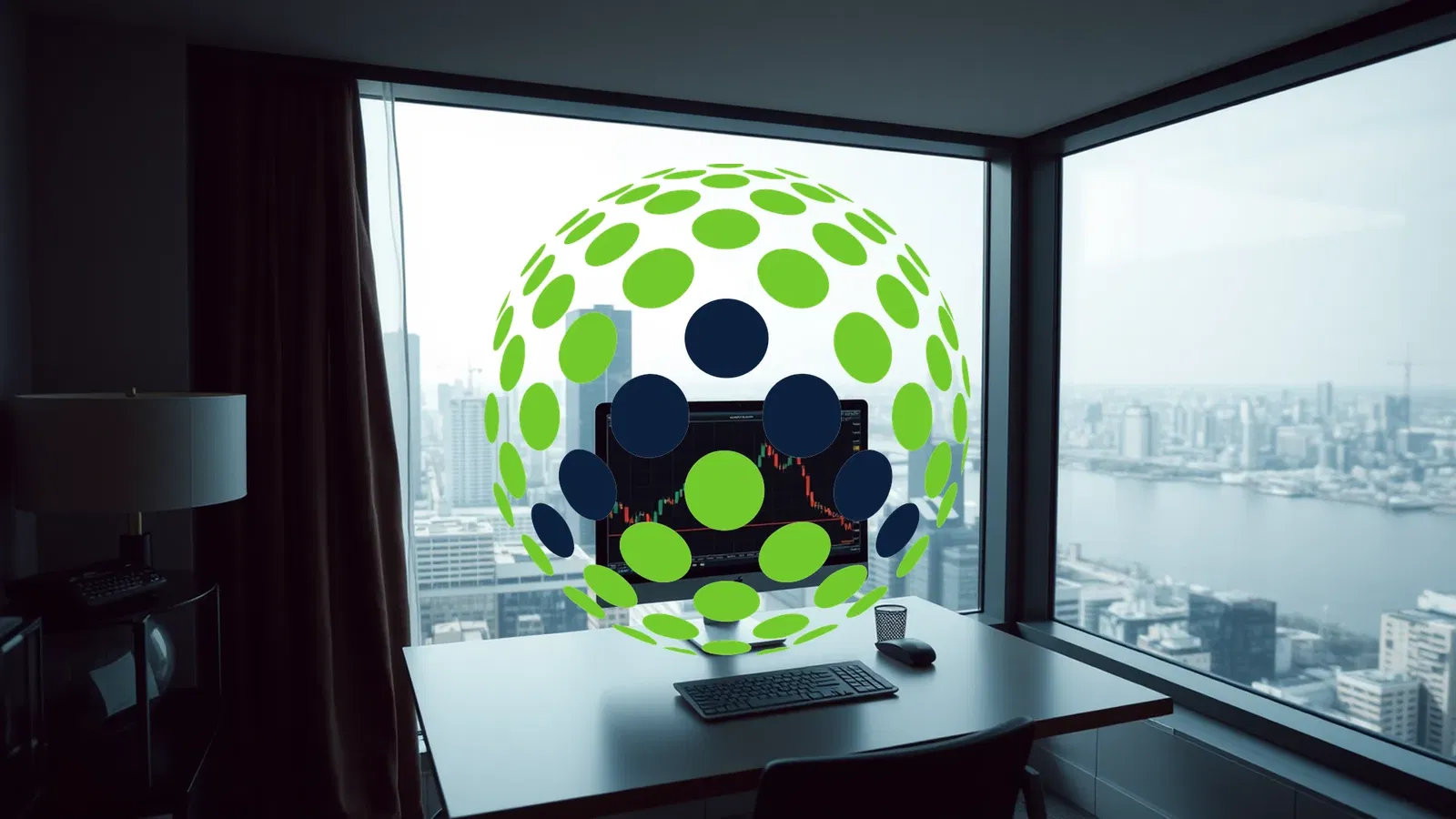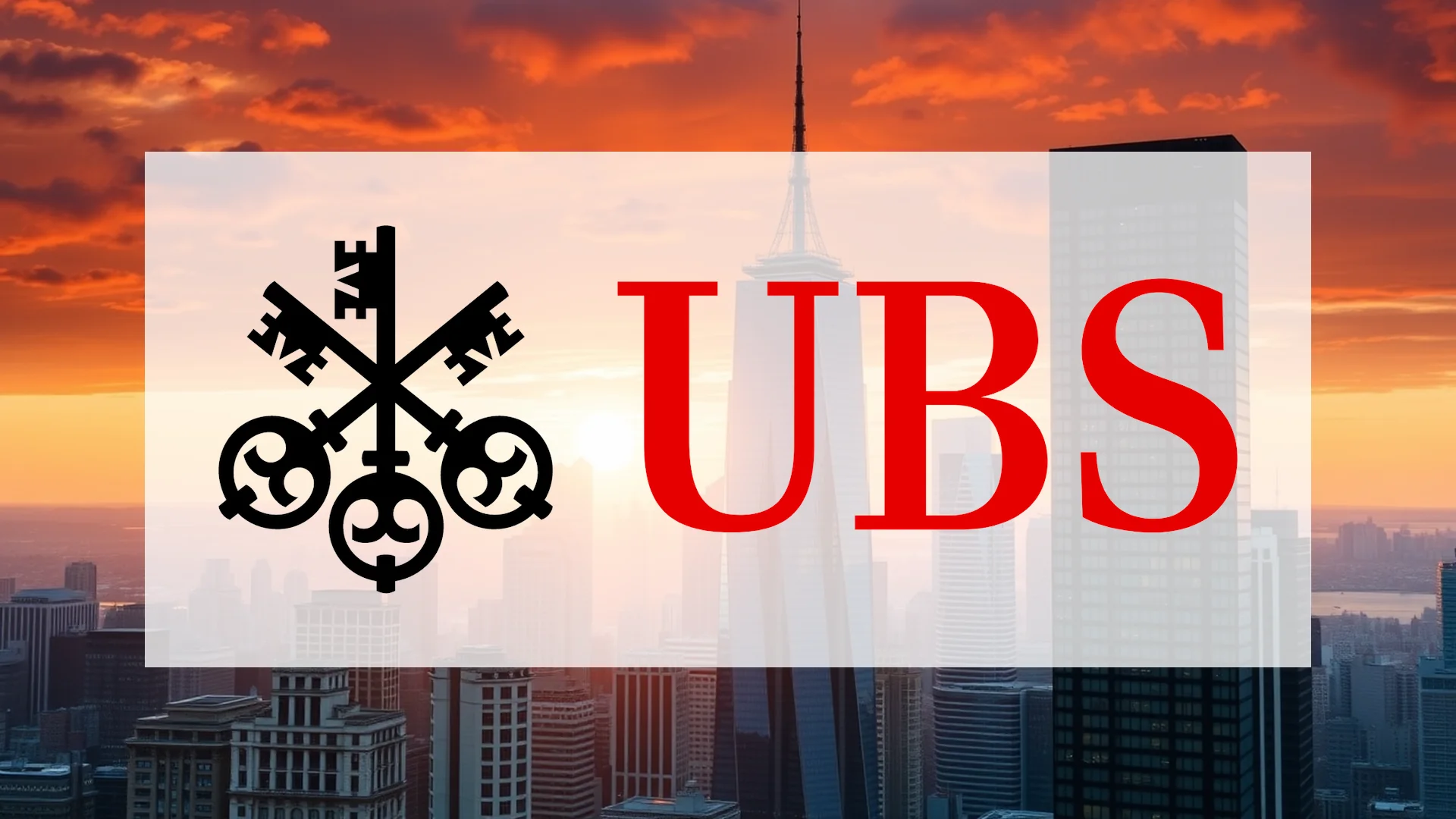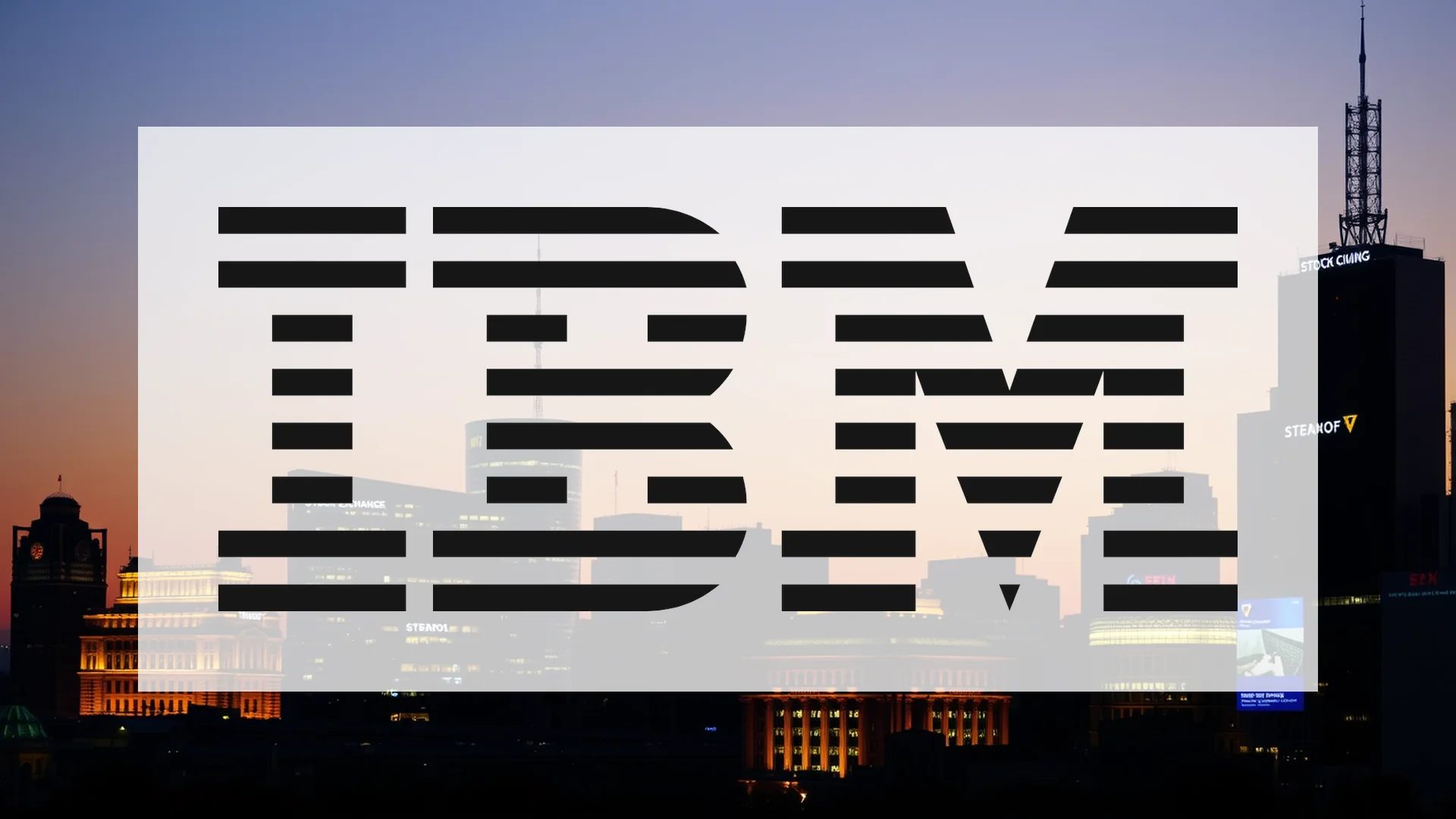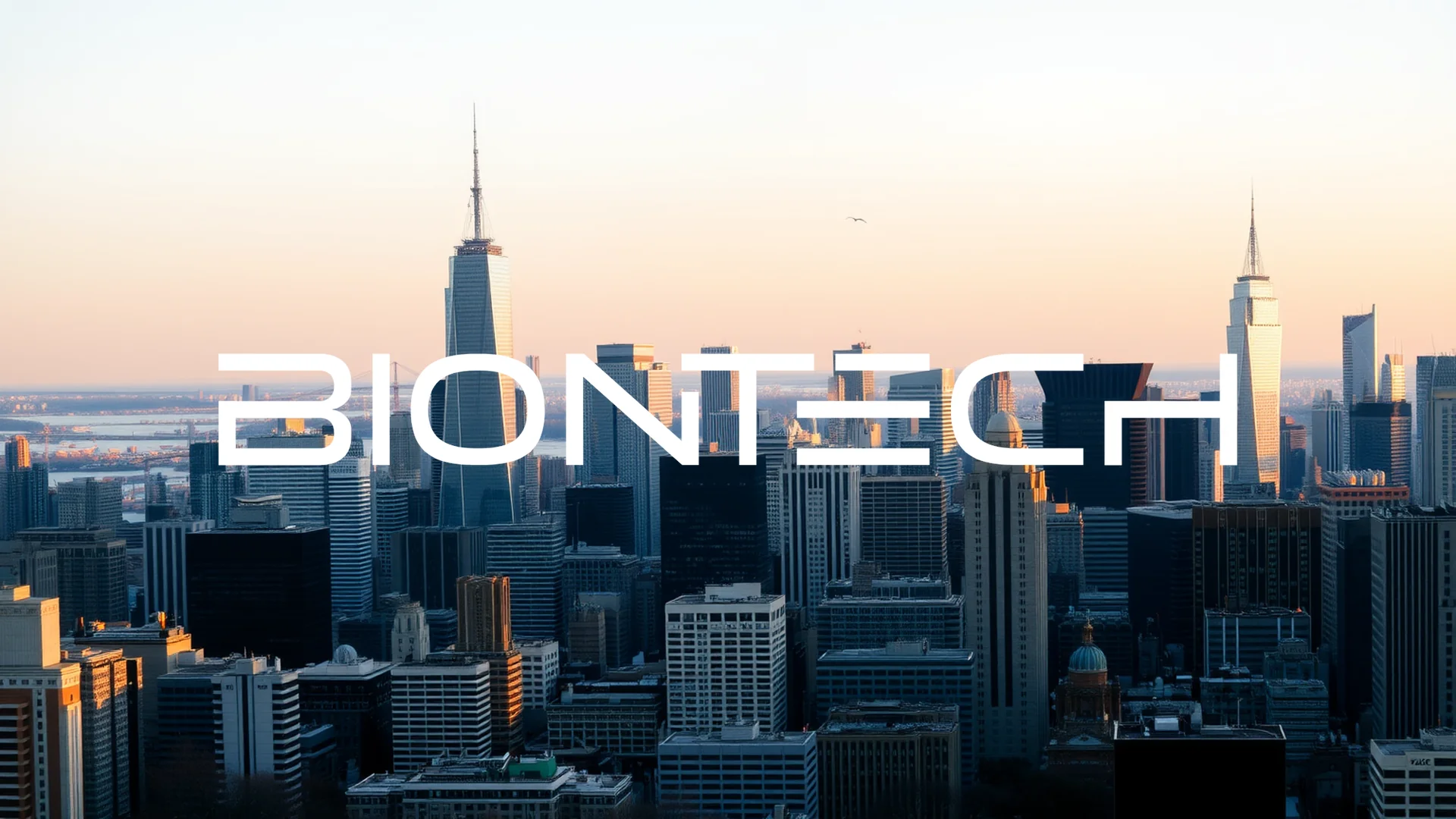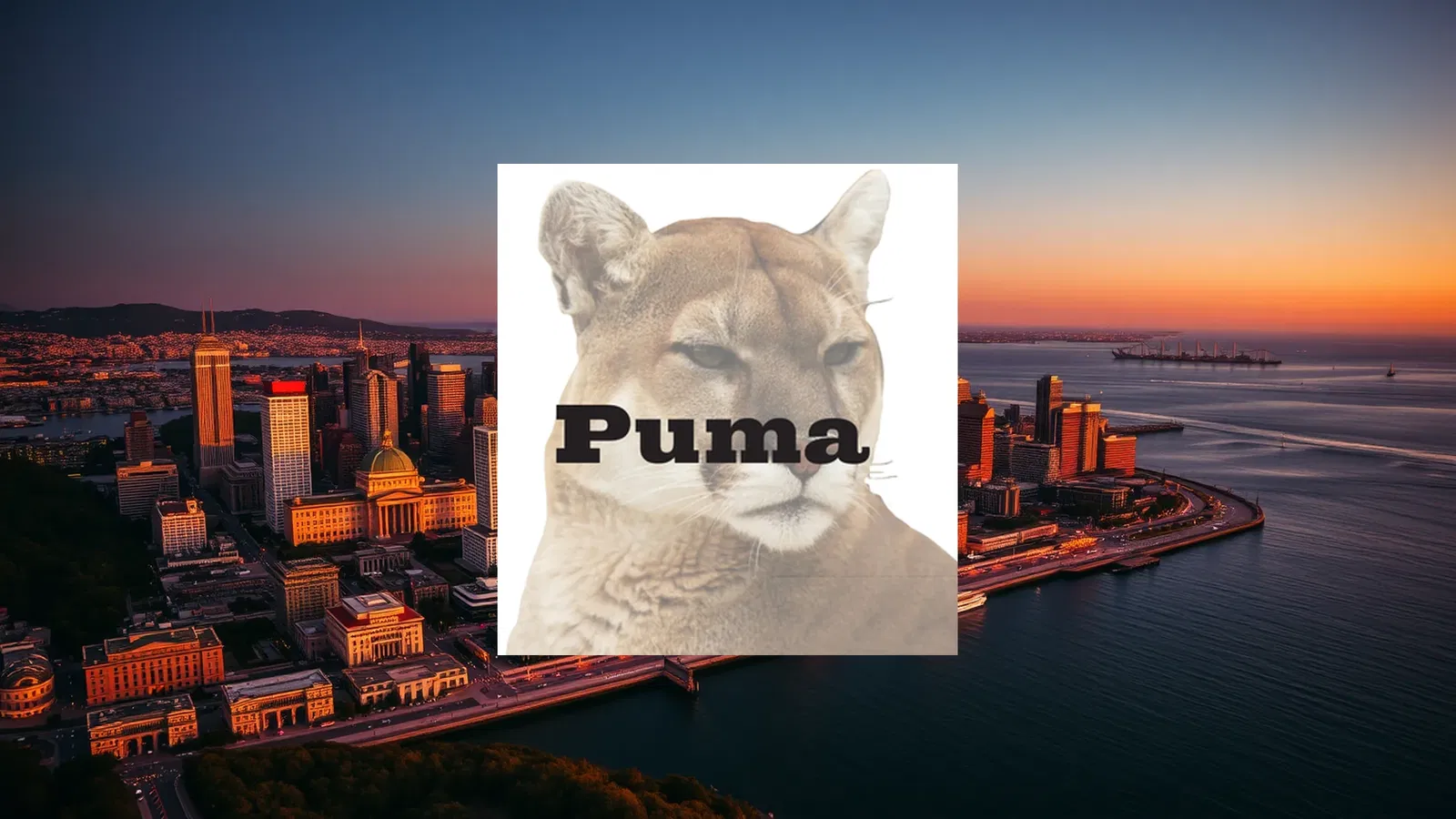The iShares MSCI World ETF (URTH) has delivered substantial returns, largely fueled by the artificial intelligence boom and the overwhelming influence of major U.S. technology corporations. Through November 2025, this $6.54 billion fund achieved an impressive 18.77% year-to-date performance. However, its substantial 72.19% allocation to U.S. equities raises questions about its true global diversification credentials.
Performance and Volatility: A Dual Narrative
Investors have been rewarded with strong results across multiple time horizons. The fund posted a 17.46% one-year return and a notable annualized three-year gain of 23.98%.
This performance comes with a caveat. A three-year standard deviation of 13.05% indicates significant price fluctuations. The price-to-earnings ratio of 25.55 suggests elevated valuations, a particular concern given the fund’s composition. On a positive note, its beta of 0.95 reveals it has been marginally less volatile than the broader U.S. market.
A Portfolio Dominated by Tech Titans
An examination of the fund’s largest holdings reveals a pronounced concentration in the technology sector. The top ten positions are overwhelmingly tech-oriented, with NVIDIA leading at 5.31%, followed by Apple (5.05%) and Microsoft (4.14%). Collectively, these three companies constitute over 14% of the entire fund.
This technological focus extends beyond pure-play tech firms:
* Amazon.com represents 2.71% of the portfolio
* Alphabet’s Class A and C shares combine for approximately 4%
* Other significant tech exposures include Meta, Tesla, and Broadcom
* JPMorgan Chase stands as the sole non-technology company among the top ten holdings
Should investors sell immediately? Or is it worth buying MSCI World ETF?
This heavy weighting proved advantageous in 2025, as NVIDIA’s AI-driven surge significantly boosted the ETF’s overall returns. Nevertheless, this sector concentration introduces substantial risk, especially considering current valuation levels.
The “World” ETF with a American Focus
Despite its global mandate, the fund’s geographical distribution is heavily skewed. U.S. companies dominate with a 72.19% share, while Japanese and British equities contribute just 5.40% and 3.56%, respectively. This allocation reflects global market capitalization rather than offering genuine geographical diversification.
The Cost Disadvantage
A notable weakness for URTH is its expense ratio. At 0.24%, the fund is significantly more expensive than competing products like the Vanguard FTSE Developed Markets ETF (VEA), which charges a mere 0.03%. This creates an annual cost disadvantage of 0.21 percentage points for investors.
From a liquidity perspective, the fund remains robust. It holds $6.54 billion in assets and trades over 400,000 shares daily. Premiums or discounts to its net asset value are typically contained within 0.08%.
Ad
MSCI World ETF Stock: Buy or Sell?! New MSCI World ETF Analysis from February 8 delivers the answer:
The latest MSCI World ETF figures speak for themselves: Urgent action needed for MSCI World ETF investors. Is it worth buying or should you sell? Find out what to do now in the current free analysis from February 8.
MSCI World ETF: Buy or sell? Read more here...



